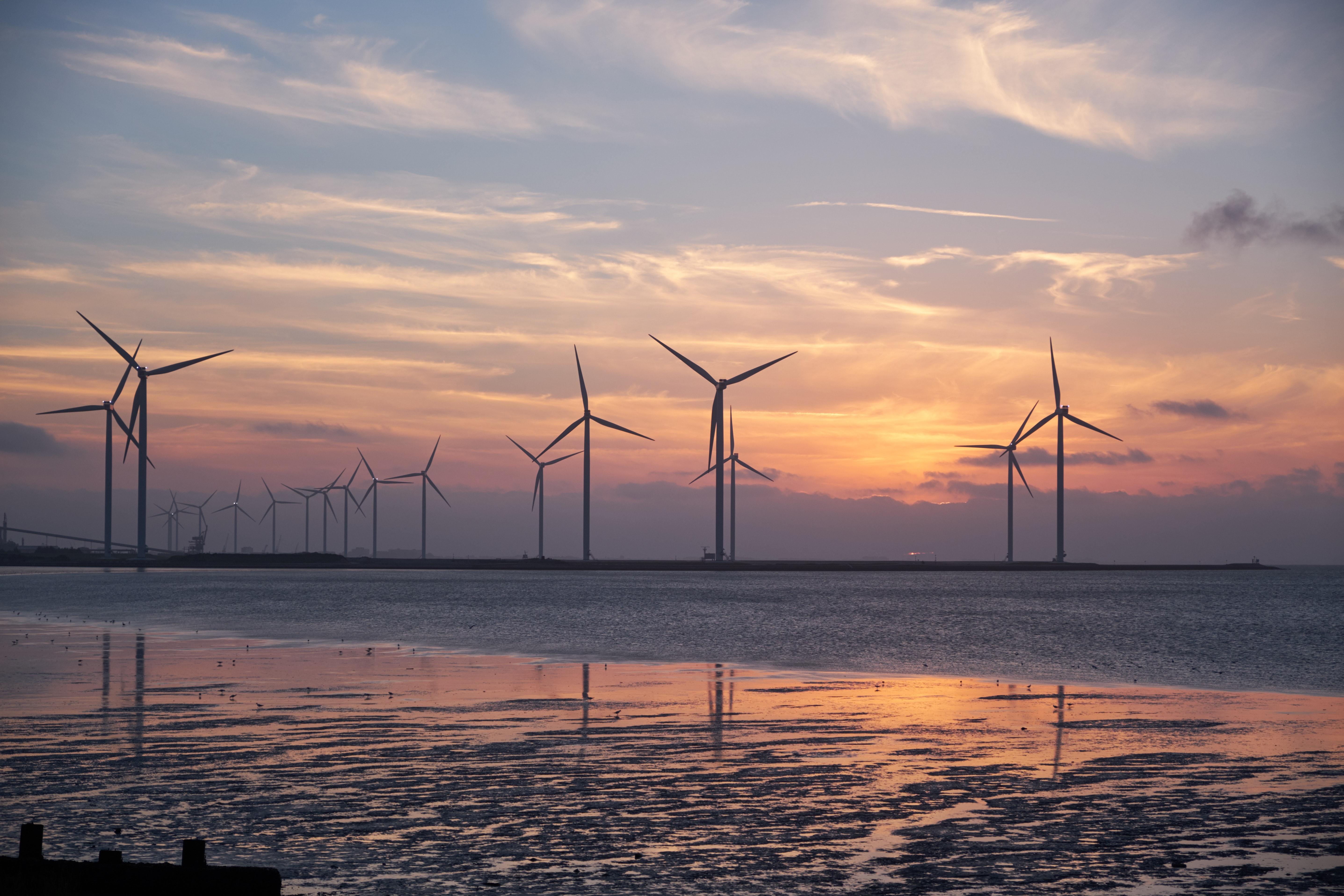

Earlier this month, the Global Maritime Forum presented its report on the level of investment required to decarbonise the shipping sector. But instead of being discussed as a giant global investment opportunity, the headline figure of over $1trn was instead reported by some as a threat. This misleading interpretation of the paper potentially damages and undermines efforts to decarbonise the industry.
Shipping annually emits about 2.6% of global greenhouse gas emissions, similar to the emissions of Germany, and is not included in most national climate commitments. In 2018, the International Maritime Organization (IMO) agreed to cut shipping’s emissions by at least 50% by 2050, compared to 2008 levels, however to date there are no concrete measures to deliver on this target. Without action, emissions from shipping will potentially increase by as much as 250% in the next three decades.
The report, featuring analysis from the University Maritime Advisory Services and Energy Transitions Commission, shows that meeting the IMO’s 2050 target represents $50bn to $70bn per year for 20 years spending, but this is also a revenue opportunity. We need this crucial investment to build renewable plants and other infrastructure. As Environmental Defense Fund found in our latest reports Sailing on Solar and Electrofuels for Shipping, implementation of zero-carbon fuels such as green ammonia and hydrogen, produced from untapped renewable energy and avoiding the creation of upstream emissions, could unlock trillions of dollars of investment globally, and tens of billions at national levels.
The entire financial sector is looking for green investments more than ever, as governments, asset managers, and the public pile on the pressure over climate change. Demand for green bonds currently far exceeds supply. Smart companies in the maritime sector will position themselves to benefit from the growing tidal wave of green cash. However the benefits brought by the clean shipping transition go far beyond the shipping sector. These include new job opportunities and increasing demand for higher-skilled jobs, such as engineers, that will help transform labour markets. The expansion of renewable electricity will push prices of clean electricity down and drive down the cost of decarbonisation in other sectors. Many countries will reduce their dependence on imports of fossil fuels, which will increase their energy security while securing a wider distribution of wealth to renewables-rich developing countries globally, outside the narrow band of oil exporters.
All of this is a part of the global effort to address the climate emergency. A trillion dollars is a large sum, but shouldn’t be seen as intimidating. To put it into context, in 2018, global fossil fuel consumption subsidies were over $400bn. That equates to almost eight times the annual estimate needed for decarbonising shipping. In this comparison, the investment needed for shipping is really just a drop in the ocean.
Continued growth and mitigating climate change are no longer at odds with each other. Countries and industry can do both simultaneously. Some shipowners have known this for a while and aim to decarbonise voluntarily by choosing to address remaining safety concerns linked to electrofuels, potentially giving them first mover advantage. It is time for countries to understand this as well. The technological race has started and first movers will reap the financial benefits and establish themselves as progressive leaders and clean shipping hubs.
Ultimately, the shipping industry will have to move away from fossil fuels. To ensure everyone does their part, we will need a strong set of policies to drive and manage the transition. It is now up to the IMO and Member States to make sure comprehensive measures are in place. These measures should include a carbon price mechanism where emitters pay and the money collected is then redistributed for research, development and deployment of clean shipping technologies. It should also support countries who might struggle to afford them, such as developing countries, least developed countries and small island developing states. The IMO negotiations start this March, and we will hopefully see new, ambitious policies drafted in advance.
The op-ed was originally published by Splash Maritime and Offshore News